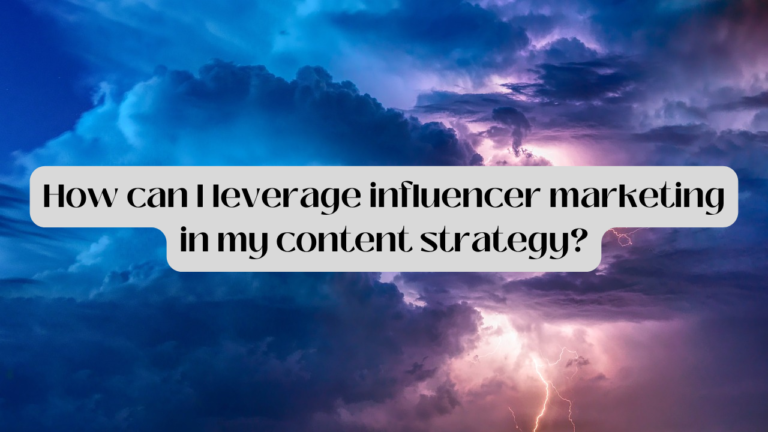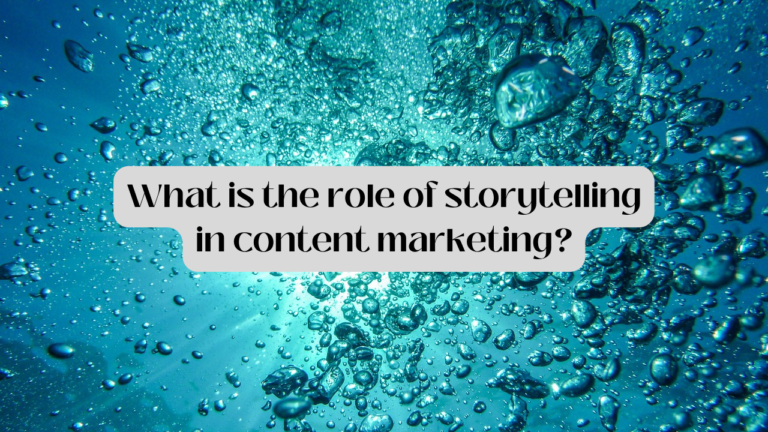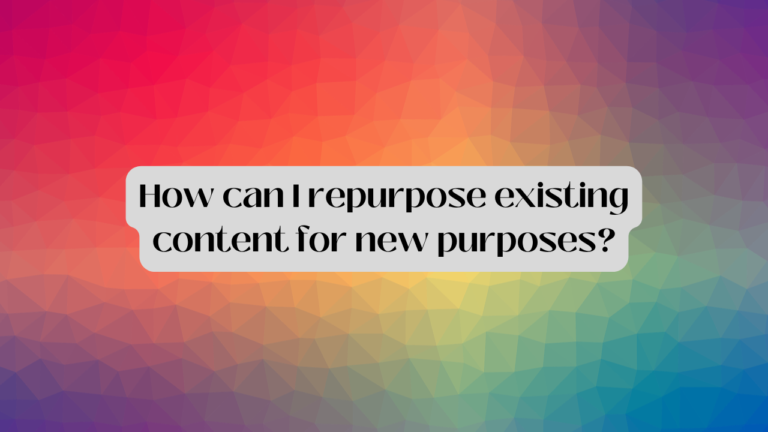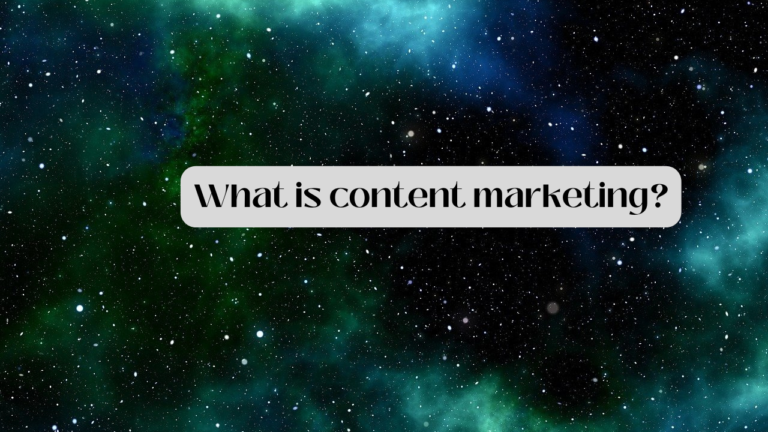What Is A Content Marketing Calendar?
In today’s digital landscape, where businesses strive to engage their target audience amidst a sea of information, an organized and strategic approach is crucial. This is where a content marketing calendar comes into play. The art of content marketing extends far beyond creating exceptional content – it involves meticulous planning, timing, and consistency. A content marketing calendar acts as a compass, guiding marketers through the complex terrain of content creation, distribution, and optimization.
Understanding the Content Marketing Calendar
A content marketing calendar is a structured timeline that outlines the creation, publication, and distribution of content across various platforms. It serves as a comprehensive tool that assists marketing teams in orchestrating their efforts, maintaining a consistent brand voice, and aligning content with broader marketing goals. The calendar encompasses a range of content types, including blog posts, social media updates, videos, podcasts, infographics, and more.
The Significance of a Content Marketing Calendar
Organization and Consistency:
One of the primary advantages of a content marketing calendar is its ability to foster organization and consistency. It offers marketers a panoramic view of their content strategy, preventing haphazard publishing and ensuring a steady flow of content. This consistency is vital for retaining audience interest and loyalty.
Strategic Planning:
A well-structured calendar empowers marketers to plan strategically. They can align content with key events, product launches, or seasonal trends, optimizing the impact of their efforts. Moreover, it helps in the distribution of content evenly, preventing content gaps and saturation.
Team Collaboration:
For larger marketing teams, collaboration is paramount. A content marketing calendar facilitates seamless collaboration by offering visibility into ongoing and upcoming content projects. Team members can assign responsibilities, set deadlines, and track progress within a centralized platform.
Audience Engagement:
Timely and relevant content is the lifeblood of audience engagement. By adhering to a calendar, marketers can craft content that resonates with their target audience, addressing their pain points, aspirations, and interests. This ultimately leads to increased engagement and conversions.
Resource Allocation:
A content marketing calendar enables efficient resource allocation. Marketers can allocate time, budget, and manpower appropriately, ensuring that each piece of content receives the attention it deserves.

Frequently Asked Questions (FAQs)
Q1: Why is a content marketing calendar more effective than spontaneous content creation?
A1: Spontaneous content creation lacks consistency and strategy. A content marketing calendar enables marketers to plan content in advance, align it with business goals, and maintain a steady presence, which is crucial for audience engagement and brand credibility.
Q2: What elements should be included in a content marketing calendar?
A2: A comprehensive content marketing calendar should include content topics, publication dates, platforms for distribution, responsible team members, and key performance indicators (KPIs) to measure success.
Q3: How frequently should a content marketing calendar be updated?
A3: A content marketing calendar should be regularly reviewed and updated to incorporate new trends, events, and shifts in the business landscape. Monthly or quarterly updates are common, but the frequency depends on the industry and marketing goals.
Q4: Can a content marketing calendar accommodate flexibility?
A4: Yes, a good content marketing calendar is designed with flexibility in mind. While it provides structure, it should also allow room for adjustments to accommodate unforeseen opportunities or changes in strategy.
Q5: Is there any recommended tool for creating and managing a content marketing calendar?
A5: There are several tools available, such as Trello, Asana, CoSchedule, and editorial calendar plugins for content management systems like WordPress. Choose the one that best aligns with your team’s needs and workflow.
Conclusion
In the realm of digital marketing, a content marketing calendar stands as a beacon of order and purpose. It transforms content creation from a chaotic endeavor into a strategic masterpiece, providing marketers with the means to navigate the vast ocean of online engagement with precision and impact. By embracing this essential tool, businesses can craft a consistent brand narrative, engage their audience effectively, and drive lasting success in the digital landscape. Find more info about it here.





